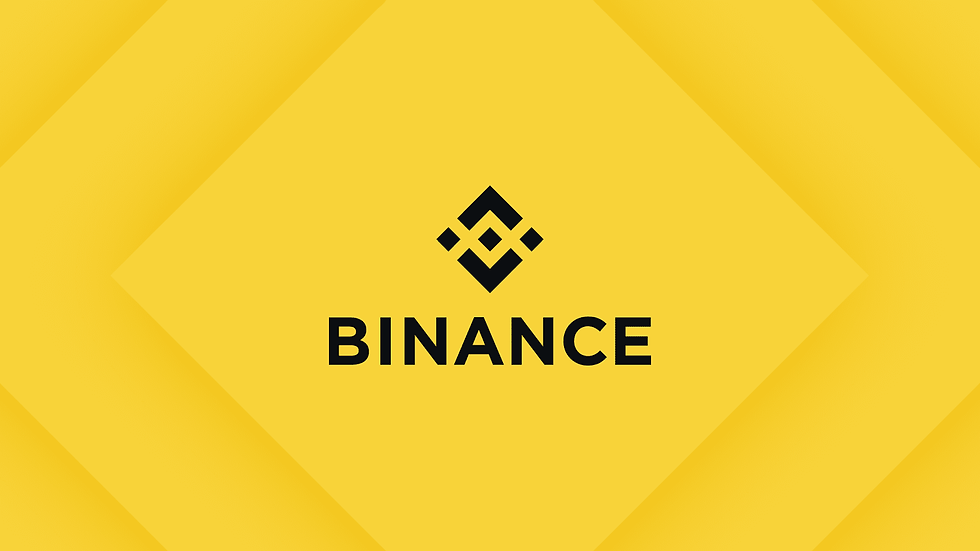What is On-chain Analysis and how to use it?
- Izabela Szkaradek
- Sep 14, 2023
- 3 min read
Updated: Apr 16, 2024

Author: Izabela Szkaradek
Publication date: 14.09.2023
This post may contain affiliate links, which means I may receive a small commission, at no cost to you, if you make a purchase through a link
In today’s world where cryptocurrencies play a significant role in a growing number of people’s lives, it is crucial to understand blockchain networks. In fact, this is necessary for those who want to make up-to-date investment decisions, using sites like Binance.
Although the crypto interest is increasing fast, a majority of the people are unaware of how the crypto economy works. So, with on-chain analysis, the investors are able to use the power of data-driven strategies to maximize their financial opportunities.
What is On-chain Data

The cryptocurrencies rely on a transparent system that records all transactions. Within
these systems, people can find raw data including coin transfers, wallet addresses, transaction timestamps and miner fees.
In general, it is uncomplicated to extract the data from the on-chain records as well as provide a comprehensive view of activities within the Bitcoin network. This transparency
helps investors trace every transaction on the blockchain.
How On-chain Analysis Works
On-chain analysis uses the on-chain data to forecast trends. Apart from that, it supervises funds in order to spot the best investment opportunities. In addition, it uses several measurements such as
● the number of active addresses,
● transaction volumes,
● how assets are distributed, and
● the total value held.
Also, key indicators in on-chain analysis include profits and losses, supply in profit or loss as well as realized capitalization.
Advantages of On-chain Analysis

One of the primary benefits of on—chain analysis is the extensive data size. As a result, the vast amount of metrics enables investors to make more insightful analysis which can result in more satisfying investment outcomes. Additionally, traders can use liquidity flows in order not to take risky decisions as a network with low liquidity might result in a depreciation of tokens.
Limitations Of On-chain Analysis
Even though on-chain analysis has a great number of pros, it has limitations which can make the analysis challenging. For instance, the fact that on-chain analysis is incredibly useful for longer-term market cycles makes it less adequate for short-term traders. What’s more, on-chain analysis might not be helpful in detecting changes quickly. In spite of this, it remains a valuable tool for identifying critical support and resistance levels.
Useful On-chain Tools

Although there are paid on-chain analysis platforms for professionals, many of them are accessible for free. Most popular tools which enable visualization of on-chain data: Glassnode, Nansen and Dune Analytics.
The first option, Glassnode, is one of the most popular tools and has many advantages. The most important pros are:
● Integration with TradingView
● It has over 200 metrics
● Customizable dashboards where you can include more metrics.
Tips for On-chain Analysis
First of all, you need to define your goals and analyze the data you can work with. Certain individuals might want to focus on the market overall while others may prefer to concentrate on a specific asset.
Moreover, it is essential to have a fundamental knowledge of how blockchain systems work. In order words, it allows investors to make informed decisions with a clear understanding of the underlying technology.
What Is The Future Of On-chain Analysis

As the amount of the data keeps growing, on-chain analysis is developing with it. Thanks to that, the data is becoming more reliable as well as the proficiency of on-chain analysis is progressing simultaneously. So, not only does it make this data more trustworthy but also it helps investors gain better insight in the cryptocurrencies.
If you are ready to dive into the world of cryptocurrency, then start your investing journey now, with Binance.





Comments